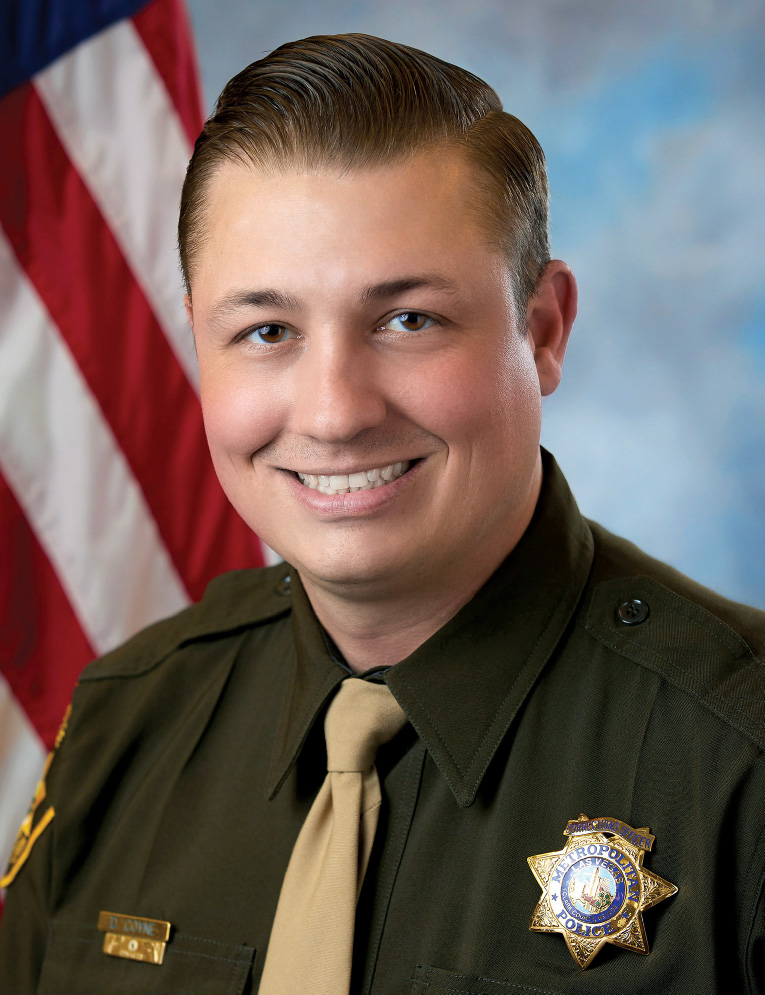
Treasurer
Below are the Department’s new patrol training day guidelines that were pushed out to your captains and went into effect on July 1. The biggest takeaway, besides ensuring that you get more training, is that a primary training day can only be canceled with the approval of the deputy chief, and a secondary training day requires the captain’s approval. A training day cannot be canceled by your sergeant or lieutenant. There is a DPA aspect listed in the secondary training day. These DPAs must have a training aspect and not just a workaround for your squad to get stats or saturate an area.
These guidelines were developed and pushed out by the Department. It is unfortunate that we are seeing captains and lieutenants trying to find workarounds to this or punishing squads that want to train. It is truly unfortunate that they cannot see that training will make our officers safer and more efficient. If your supervisors are not adhering to these guidelines, please reach out to any one of us.
Patrol Squad-Level Training
Patrol squads are provided two training days per month, one primary and one secondary.
Primary Training Days
The primary training days will involve a structured curriculum that corresponds with quarterly topics, which are identified by the Organizational Development Bureau (ODB). The ODB Training Section will publish the list of topics and related resources (lesson plans, facilities, SMEs and guidance) at the beginning of each quarter. The training coordinator for each area command will then work with the patrol sergeant and ODB to schedule and implement each squad’s training plan. This formal training day will involve a full shift of training and any cancellation or modification must be approved by a deputy chief and logged to ensure necessity. The intent behind the primary training days is to ensure our officers are provided with sufficient time and resources to conduct training and thus, any modification should be limited to an extreme scheduling conflict (i.e., a mass casualty event that requires a Department-wide response).
Secondary Training Days
The secondary training day is considered an informal training day. The curriculum and organization of this training day is maintained at the squad level, and it may include conducting mandatory UMLV training, completing administrative tasks, and/or addressing squad or officer-specific training deficiencies. The patrol sergeant and/or training coordinator will be responsible for developing the training plan and ensuring proper time management. This informal training day will also involve a full shift of training; however, half the shift may include field-based training such as a Directed Patrol Activity (DPA). Any cancellation of the secondary training day must be approved by the area command captain and logged by the area command’s training coordinator to document the reason for cancellation.
Mandatory scheduled training such as AOST, RBT, MACTAC and EVOC may be conducted on a primary or secondary training day. This training will not be canceled without approval from a deputy chief, and the reason for cancellation will also be logged by the area command’s training coordinator.
Accountability
Each patrol captain will identify and empower a training coordinator for their area command. The names and contact information for each training coordinator will be provided to Lieutenant Jimmy Lorson with ODB by COB on June 1. As previously mentioned, these training coordinators will be responsible for documenting and logging the results of each squad’s training days. Likewise, any canceled or modified training days will also be logged by the training coordinator and provided on a monthly basis to the patrol chiefs by the area command captains. Training or training coordinators will also provide a list of the “officer no shows” monthly to the captains and the respective division chiefs.

